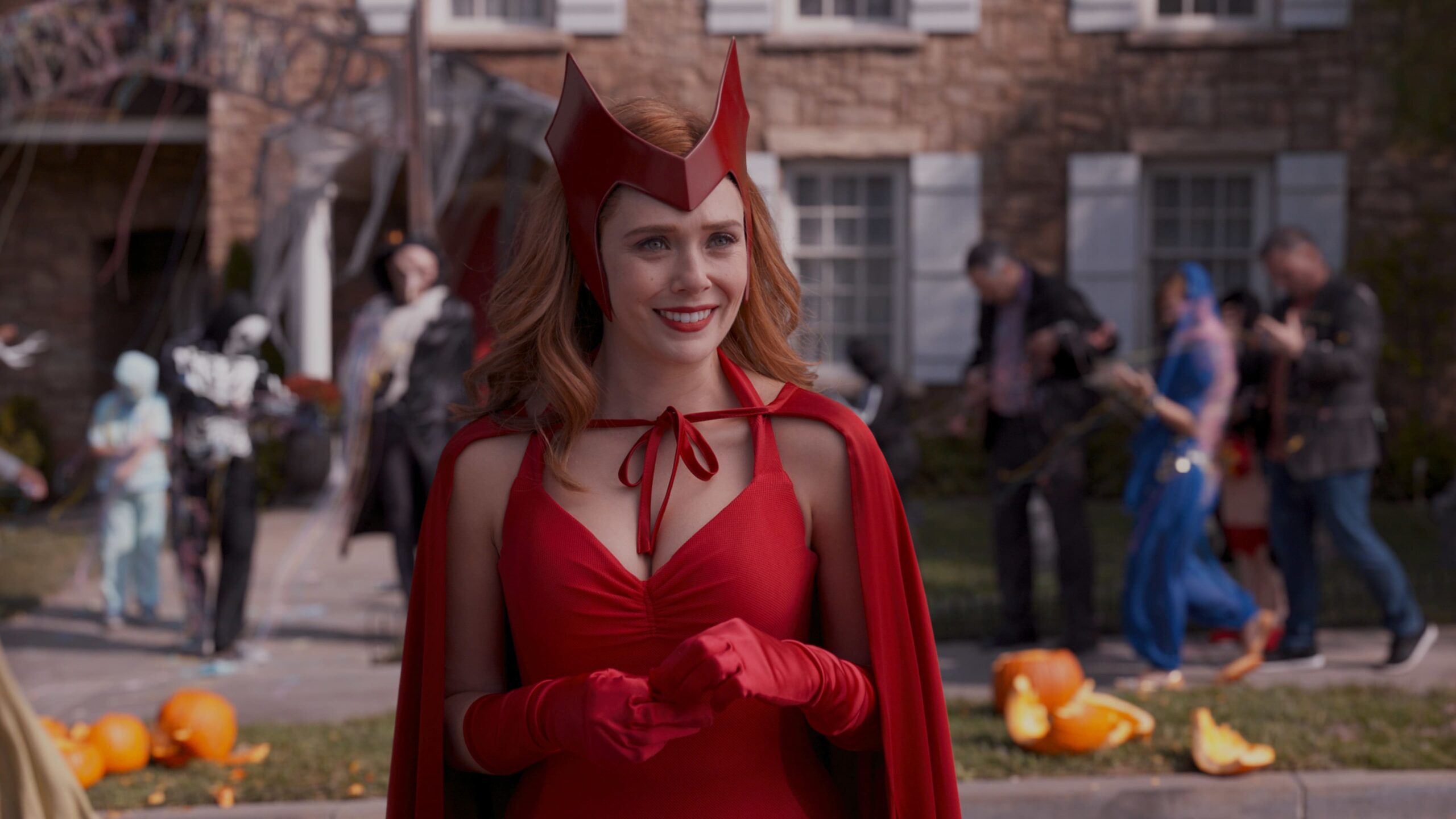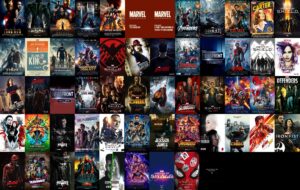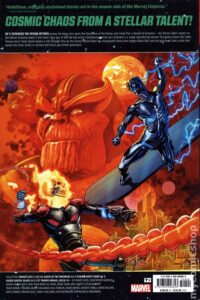The Marvel Cinematic Universe (MCU) has been a game-changer in the world of superheroes. From Iron Man to Avengers: Endgame, the franchise has consistently pushed the boundaries of storytelling, visuals, and spectacle. However, with the recent releases of movies like Doctor Strange in the Multiverse of Madness, Thor: Love and Thunder, and Ant-Man and the Wasp: Quantumania, it’s clear that the MCU is redefining the genre in ways that were unimaginable just a few years ago.

- How Marvel’s New Movie Redefines Superhero Origin Stories
- MCU’s Most Underrated Movies Of The Last Decade
- A Piece Of Stan Lives On: How Marvel’s Latest Cinematic Masterpiece Keeps The Magic Alive
- MCU’s Top 5 Highest-Grossing Movies Of All Time
- How Marvel’s Newest Film Deals With Legacy And Succession
One of the most significant changes is the increased emphasis on complexity and nuance. Gone are the days of straightforward hero-vs-villain storylines. Today’s MCU movies are tackling themes like existentialism, morality, and the consequences of power. Take Doctor Strange in the Multiverse of Madness, for instance. The movie delves into the concept of the multiverse, exploring the infinite possibilities that lie beyond our reality. It’s a mind-bending, thought-provoking ride that challenges viewers to think critically about the nature of reality.
Another area where the MCU is redefining the genre is in its portrayal of villains. Traditional superhero movies often rely on one-dimensional, cartoonish villains with simplistic motivations. Not so with the MCU. Characters like Loki, Killmonger, and Thanos are multidimensional, with rich backstories and motivations that make them relatable and even sympathetic. In Thor: Love and Thunder, for example, Christian Bale’s Gorr the God Butcher is a nuanced and terrifying villain who is driven by a tragic past and a desire for revenge. His character raises questions about the morality of gods and the consequences of playing with forces beyond human control.
The MCU is also pushing the boundaries of visual storytelling. With the advancement of technology, the franchise has been able to create breathtaking visuals that transport viewers to new worlds and dimensions. The Quantum Realm in Ant-Man and the Wasp: Quantumania is a stunning example of this. The movie’s use of vibrant colors, trippy landscapes, and inventive action sequences creates a truly immersive experience that feels like a ride through a fantastical dream world.
Furthermore, the MCU is expanding its scope to explore new genres and themes. Movies like Black Panther and Captain Marvel have incorporated elements of science fiction, fantasy, and even horror. The Eternals, directed by Chloé Zhao, is a sweeping epic that combines superhero action with ancient mythology and cosmic horror. This willingness to experiment and take risks is a hallmark of the MCU’s creative approach, and it’s paying off in a big way.
Lastly, the MCU is redefining the genre by creating a sense of continuity and connection between its movies. The franchise has always been known for its clever Easter eggs and nods to other Marvel movies, but the recent releases have taken this to a whole new level. With the multiverse front and center, the MCU is now exploring the endless possibilities of interconnected storytelling. This has created a sense of excitement and anticipation among fans, who are eagerly waiting to see how the different storylines and characters will intersect and collide.
In conclusion, the MCU’s newest movies are redefining the genre in thrilling and inventive ways. By embracing complexity, nuance, and visual innovation, the franchise is pushing the boundaries of what’s possible in superhero storytelling. With a whole new slate of movies on the horizon, it’s clear that the MCU will continue to shape and evolve the genre in ways that will captivate and inspire audiences for years to come.




